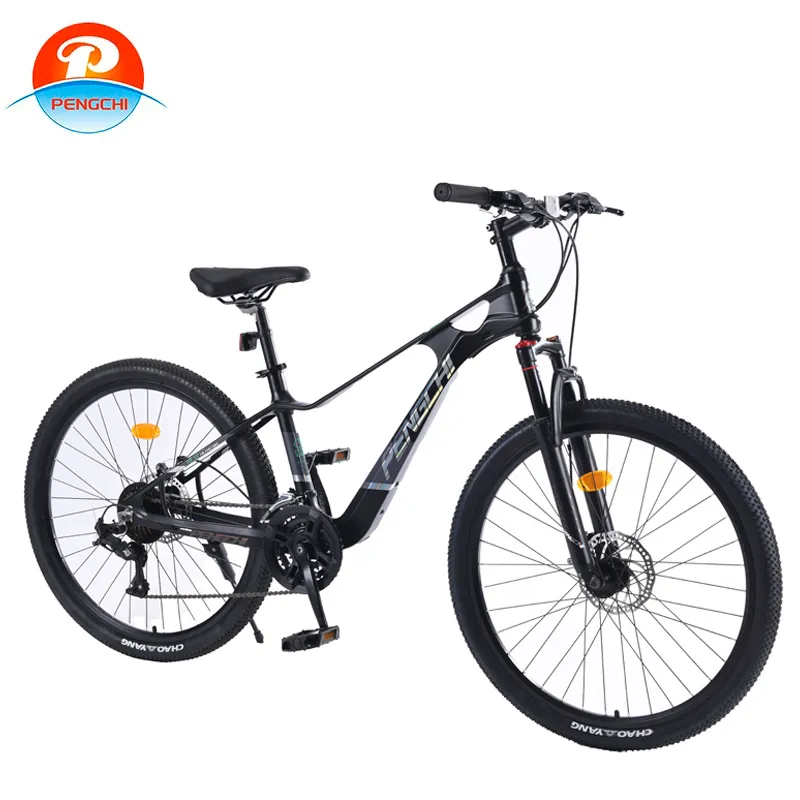12 月 . 03, 2024 15:42 Back to list
city bike factory
The Rise of City Bike Factories Paving the Way for Sustainable Urban Mobility
In recent years, the concept of urban mobility has evolved significantly, with cities around the globe recognizing the need for sustainable transportation solutions. Among the most innovative responses to this demand has been the emergence of city bike factories—dedicated hubs that produce bicycles specifically designed for urban environments. These factories not only promote cycling as a viable alternative to motorized transport but also champion sustainability through their manufacturing processes and community engagement.
A Response to Urban Challenges
As cities swell with populations, they face various challenges, including traffic congestion, pollution, and the need for efficient public transport. Traditional transportation methods contribute heavily to these problems, leading to a growing awareness of the benefits of cycling. City bike factories aim to address these issues by providing affordable, sturdy, and stylish bicycles that are tailored for urban users. By promoting cycling, these factories contribute to reducing carbon emissions, enhancing air quality, and promoting healthier lifestyles.
Sustainability at the Core
City bike factories take sustainability seriously, not only in the bicycles they produce but also in their operational practices. Many employ eco-friendly materials and processes to minimize environmental impact. For instance, some factories utilize recycled metals and biodegradable materials in their bike production, significantly reducing waste. Furthermore, energy-efficient manufacturing techniques, such as solar power and water recycling systems, are becoming standard in these facilities.
Additionally, city bike factories often prioritize local sourcing for components, which helps reduce the carbon footprint associated with transportation. By collaborating with local artisans and suppliers, they support the local economy while promoting sustainable practices. This local focus not only fosters community solidarity but also ensures that bicycles are designed to meet the unique needs of urban riders.
Innovative Designs for Urban Living
city bike factory

The bicycles produced by city bike factories are typically designed with the urban commuter in mind. They feature lightweight frames, puncture-resistant tires, and comfortable seating arrangements to facilitate ease of use and maneuverability in bustling city environments. Many models incorporate practical features such as integrated lights, racks for carrying groceries, and fenders to shield riders from splashes on rainy days.
Moreover, city bike factories often engage in user-centered design processes, gathering feedback from local cyclists to refine their products. This collaboration ensures that the bicycles not only meet functional requirements but also resonate with the style and preferences of the community. Customization options, such as color choices or accessory add-ons, allow riders to express their personality while enjoying the practicality of cycling.
Fostering Community Engagement
Beyond producing bikes, city bike factories play a crucial role in fostering community engagement. Many factories organize workshops, cycling classes, and community rides to encourage more people to take up cycling. These initiatives help demystify the process of cycling and allow potential riders to experience the benefits firsthand. By creating a sense of community around cycling, these factories contribute to building a culture of sustainable mobility.
In addition, many city bike factories embrace the concept of “bike kitchens” or repair workshops, offering residents the tools and knowledge needed to maintain their bicycles. This hands-on approach not only empowers individuals but also instills a sense of responsibility towards their means of transportation. Such initiatives can lead to increased bike durability, reducing the need for replacements, and consequently lessening waste.
The Future of Urban Mobility
As urban centers continue to evolve, the role of city bike factories will likely grow more prominent. The rising interest in sustainable transportation and the decreasing reliance on cars may lead to increased investment in such facilities. Governments and municipalities might collaborate with bike factories to implement bike-sharing programs or urban cycling infrastructure, further enhancing the cycling experience.
In conclusion, city bike factories represent a pivotal development in the quest for sustainable urban mobility. They not only produce bicycles that cater to the unique needs of city dwellers but also foster community involvement and champion environmentally-friendly practices. As more cities embrace cycling as an essential component of their transportation networks, the influence of bike factories will undoubtedly continue to expand, shaping the future of urban living for generations to come.
-
Toy Car with Parental Remote - Safe Electric Ride-On Car with Parental Control
NewsJun.10,2025
-
Cheap Bikes for Students - Affordable & Durable Student Bicycles Online
NewsJun.10,2025
-
Children Balance Bike Lightweight & Adjustable OEM Designs
NewsMay.30,2025
-
Junior BMX Race Bikes Lightweight, Durable & Speed-Optimized
NewsMay.30,2025
-
21-Speed Foldable Gear Cycle Compact & Portable Commuter Bike
NewsMay.30,2025
-
Affordable & Durable Bikes for Students Campus Commutes Made Easy
NewsMay.29,2025



